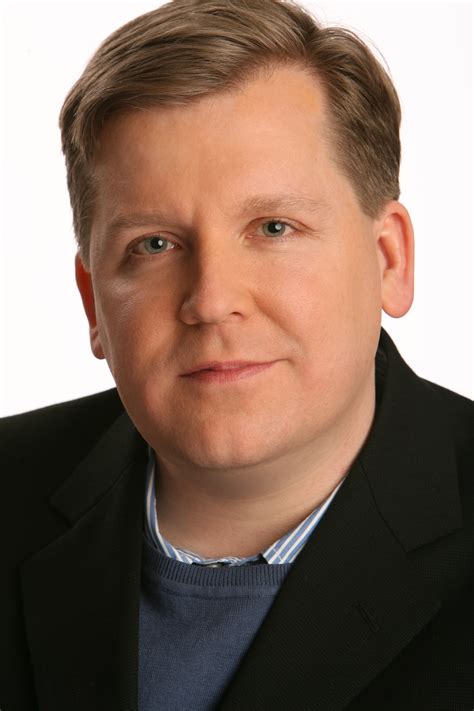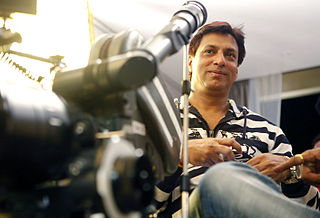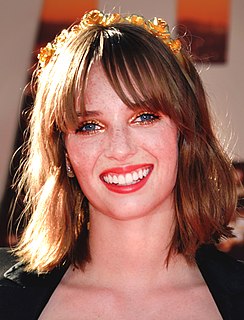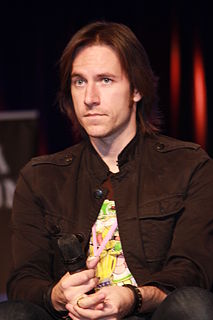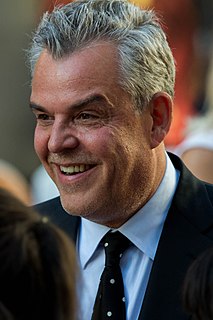A Quote by Ashwin Sanghi
Master storytellers like Jeffrey Archer and Arthur Hailey use simple language. But they manage to grab the attention of the readers right from page one. I'll consider myself a good storyteller the day people believe it's OK to be late for work or postpone deadlines just to finish reading my book.
Related Quotes
My favourite authors are John Grisham and Jeffrey Archer. Grisham rapidly established himself and now completely owns the legal space of fiction writing, something I want to do in financial space. I like Archer because he keeps his readers engaged: every chapter is a page turner, and he keeps his writing simple.
Having deadlines helps because people are constantly breathing down my neck, and tapping their toes waiting for pages. So I just have to work nine to five. If I didn't have deadlines then I might be more of a golden hour kind of guy, writing from eight to noon and calling it a day, but that's just not the way I work right now.
When I discovered that, through acting, you can speak a beautiful language aloud and have a relationship to language that isn't one that's just eyes-to-page, pen-to-page - it's one that's full-bodied, full-voiced, full-heart... it really opened my heart and made me feel like I could be a storyteller.
A book is something that young readers can experience on their own time. They decide when to turn the page. They'll put their arm right on the page so you can't turn it because they're not ready to go to the next page yet. They just want to look at it again, or they want to read the book over and over because they really enjoy setting the pace themselves.
For the last few years I've tried to force myself to write at least one page every day, which doesn't sound like much but it's actually pretty hard to manage. Because I'm not allowed to do a make-up day. I can't do two pages the next day. The punishment for not completing my page is that I have to eat a vegetarian meal the next day.
A reader is entitled to believe what he or she believes is consonant with the facts of the book. It is not unusual that readers take away something that is spiritually at variance from what I myself experienced. That's not to say readers make up the book they want. We all have to agree on the facts. But readers bring their histories and all sets of longings. A book will pluck the strings of those longings differently among different readers.
I often hear people say that they read to escape reality, but I believe that what they’re really doing is reading to find reason for hope, to find strength. While a bad book leaves readers with a sense of hopelessness and despair, a good novel, through stories of values realized, of wrongs righted, can bring to readers a connection to the wonder of life. A good novel shows how life can and ought to be lived. It not only entertains but energizes and uplifts readers.
I want to make sense of things, to understand the world, but my work is never really instructional. I have no wisdom to impart or give, so I think my dream readers would be people who just use the book as an excuse to get into their own cycle of thoughts. The book is just like a map. It's just a jotting-down of things that you can interpret in your own ways.
The funny thing is, nationalism only could have come about in Europe after the invention of printing. You could have this thing that was a book in a vernacular language, and you could imagine there were other readers of this book who you couldn't see, but they were a theoretical union of readers who all use the same language. That is kind of a prerequisite for a national fantasy. You need that thing, and it's a strange thing.


